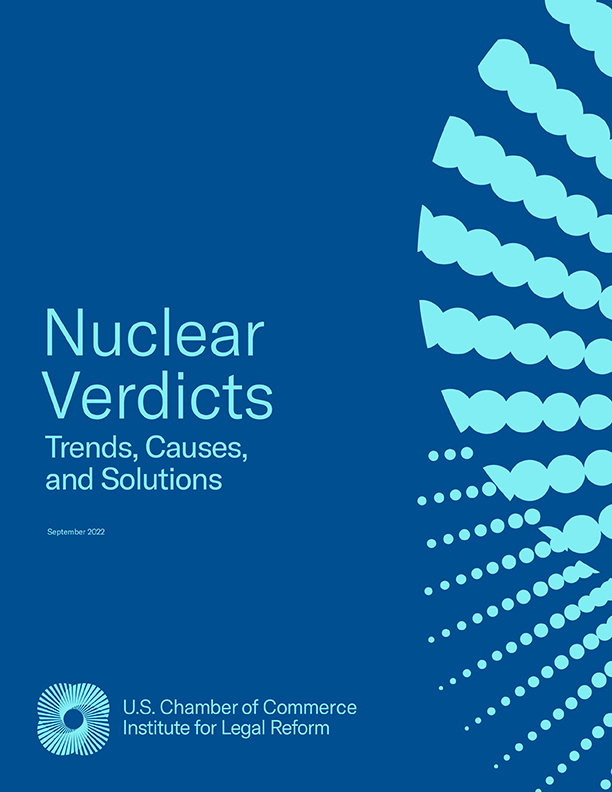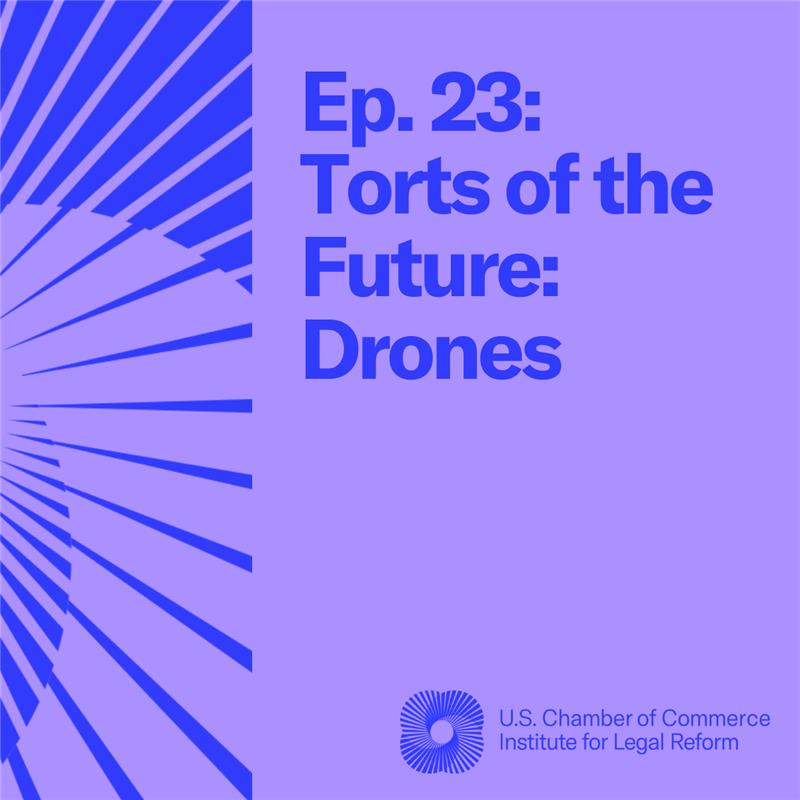A string of high-profile cases has the trial-lawyer lobby mobilizing to eliminate one of the most effective tools for resolving mass-tort litigation fairly and efficiently: Chapter 11 bankruptcy reorganization.
The bankruptcy system is designed to compensate victims quickly and allow companies overwhelmed with mass tort litigation to resolve claims without spending years in court.
Congress understands the importance and benefits of the bankruptcy system for both victims and companies, even adding a special provision to the Bankruptcy Code, 524(g) in 1994 to allow companies to manage asbestos liabilities by funding special trusts to process claims and pay benefits.
Bankruptcy judges have adopted this idea in other situations where one part of an otherwise healthy business faces a rash of lawsuits and can, rather than fighting every case in court, resolve present and future claims at the same time through a bankruptcy reorganization. A key part of any Chapter 11 bargain, called “third-party releases,” is that the solvent parties paying into the process obtain relief from lawsuits that could otherwise drive them into bankruptcy, destroying vibrant businesses and killing jobs.
But plaintiffs’ lawyers don’t like third-party liability releases because they cut into their ability to file lawsuits, so they support H.R. 4777. The bill—which is making its way through Congress—would demolish the existing bankruptcy system so plaintiffs’ lawyers can force companies to defend lawsuits in the courts trial lawyers like best.
The bill would effectively eliminate an equitable system for resolving claims in favor of the haphazard results obtained in civil courts.
The bankruptcy process is the only option for some companies to settle massive lawsuits while ensuring that real victims get justice. However, Congress is right to worry that the bankruptcy system isn’t working as well as it should. Waste, fraud, abuse, and mismanagement may diminish payments to some victims.
Congress should consider strengthening anti-fraud provisions in bankruptcy law, requiring robust representation of future claimants, and providing clearer guidelines for courts considering third-party releases as part of a bankruptcy settlement. But it shouldn’t completely upend the system.
We all know what doesn’t work: endless, needlessly expensive mass litigation that disproportionately benefits lawyers. Until the civil justice system is reformed to balance the scales between mass-tort lawyers and the defendant companies they work hard to overwhelm with unmanageable numbers of lawsuits, bankruptcy is one of the best alternatives for businesses and plaintiffs alike.
Congress shouldn’t destroy a process that has been successfully used to resolve hundreds of thousands of claims fairly and equitably.



